Middle East, August 23 – The United States has deployed significant military assets to the Middle East, including nuclear-powered guided missile submarines and strike groups, in a move to protect Israel from potential retaliatory attacks by Iran and other Middle Eastern resistance movements. This deployment follows the recent killing of Ismail Haniya, head of the political wing of Hamas, in an Israeli attack in Tehran, Iran.
The USS Abraham Lincoln aircraft carrier, accompanied by a fleet of warships, has reached the Middle East, carrying F-35 and F/A-18 fighter jets, along with a formidable fleet of destroyers and frigates, according to a post by the US Central Command (CENTCOM) on social media on Wednesday. The nuclear-powered USS Georgia guided-missile submarine has also been dispatched to the region, along with the USS Roosevelt and its associated warships currently stationed in the Gulf of Oman .
The Pentagon confirmed last week that Defense Secretary Lloyd Austin had ordered these military movements, signaling a robust show of force amidst escalating tensions. This action is seen as a direct response to increasing concerns over possible Iranian and allied retaliatory attacks following the assassination of Ismail Haniya.
On July 31, in a shocking turn of events, Israel targeted the building where Haniya was staying in Tehran, resulting in his death and that of a bodyguard. Haniya was reportedly in Tehran to attend the swearing-in ceremony of Iran’s new president, Massoud Pezeshkian. The assassination has led to widespread condemnation and threats of retaliation from various groups, including Iran’s Islamic Revolutionary Guard Corps (IRGC), Lebanon’s Hezbollah, Gaza’s Hamas, Yemen’s Houthi rebels, and Iraq's Popular Mobilization Forces (PMF) .
In response to the killing, Iran's Supreme Leader, Ayatollah Ali Khamenei, vowed severe retaliation against Israel. “The occupier Israel will be severely punished for the crime of killing Haniya. Avenge the blood of the head of Hamas is our responsibility,” Khamenei stated. The assassination has further intensified the already volatile situation in the region, with many speculating on the potential for a broader conflict .
The recent military buildup by the US aims to deter further escalation, although it has also raised concerns among Israeli citizens regarding a possible Iranian response. Despite these tensions, the US has reiterated its call for a cease-fire in Gaza and has urged Iran to refrain from launching any retaliatory strikes against Israel.
Adding to the escalating tensions, a red flag with the inscription 'Yalasarat Al-Hussein' or 'The Wound of Al-Hussein' was raised at the Jamkaran Mosque in Tehran, symbolizing Iran's call for revenge. This traditional signal of vengeance further underscores the seriousness of the current geopolitical situation.
As the international community watches closely, the situation remains highly fluid, with the potential for rapid developments that could further destabilize the region.



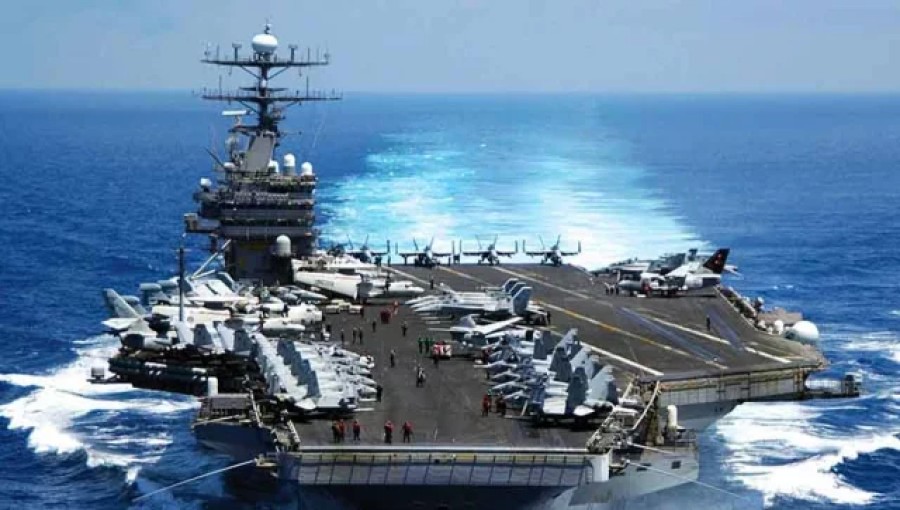

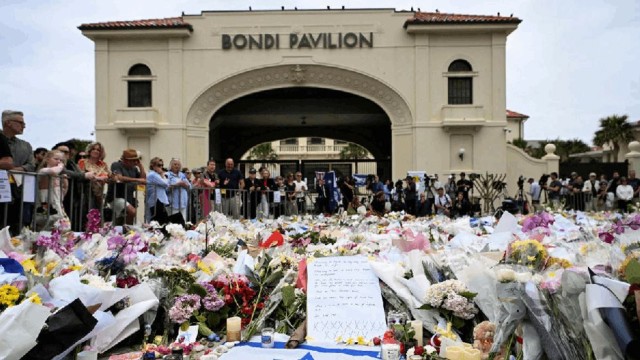
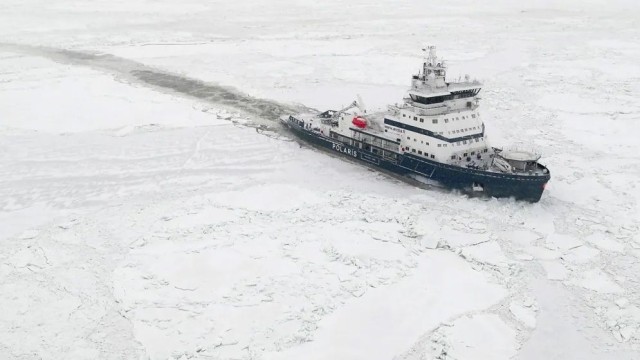
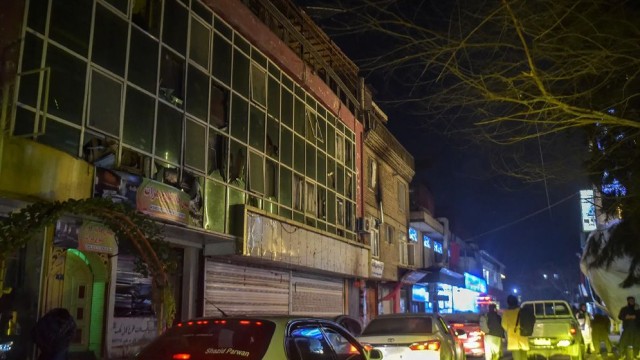
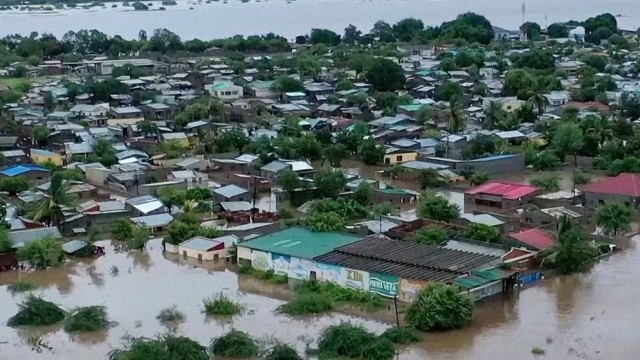




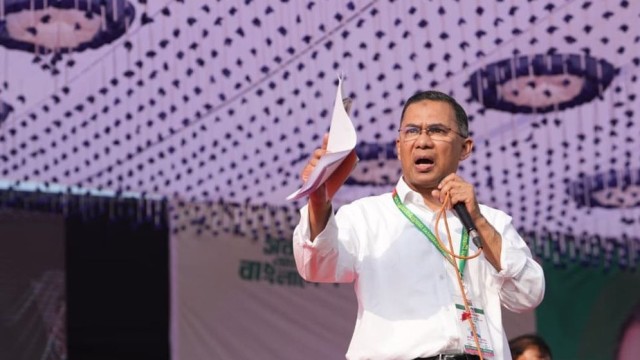

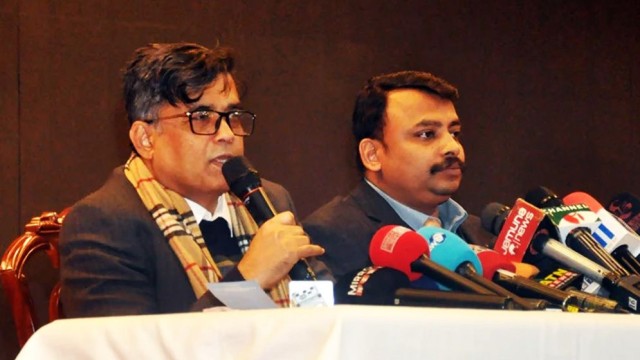
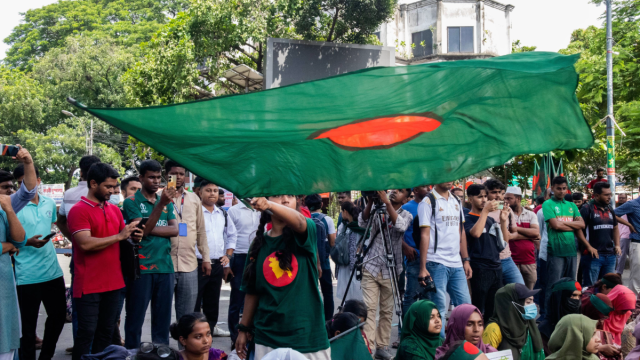
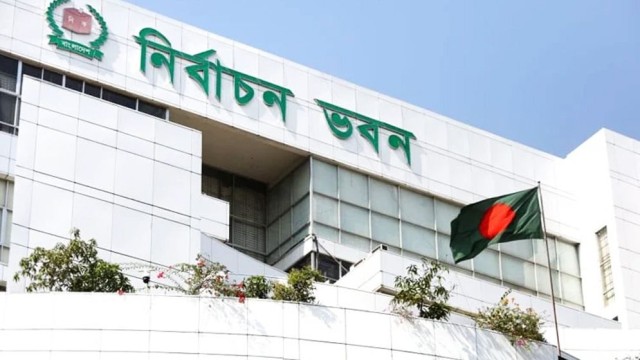
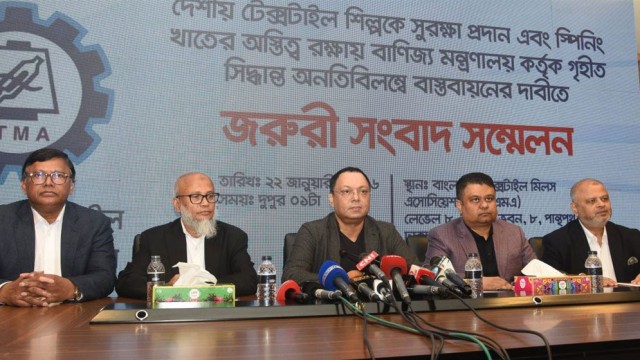












Comment: